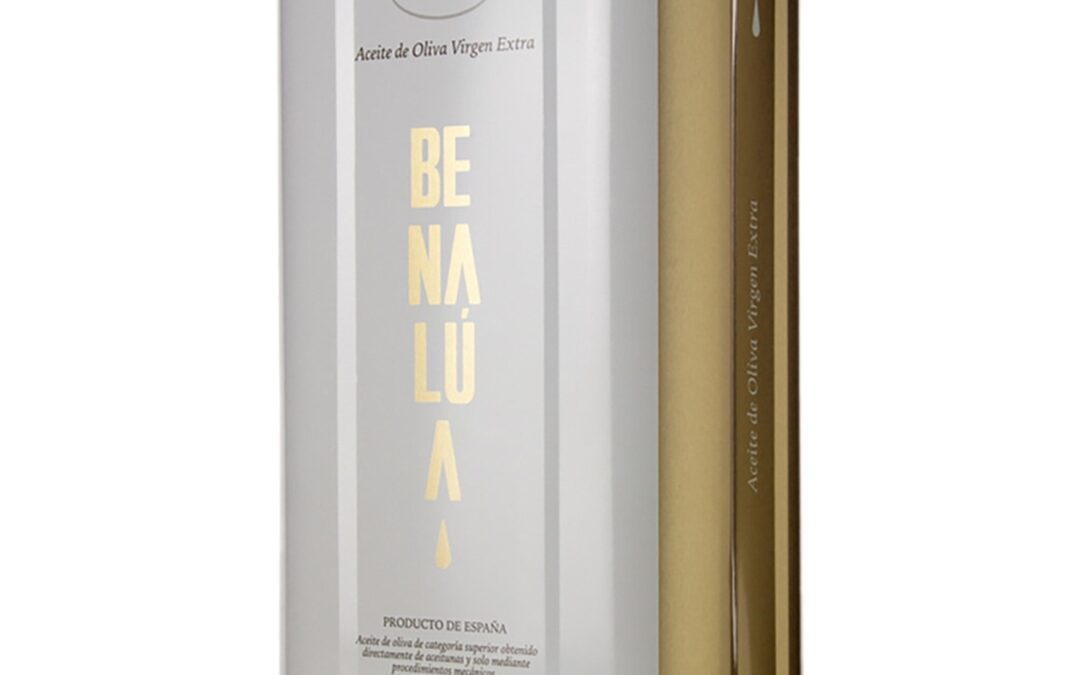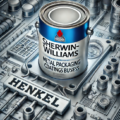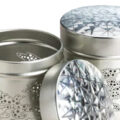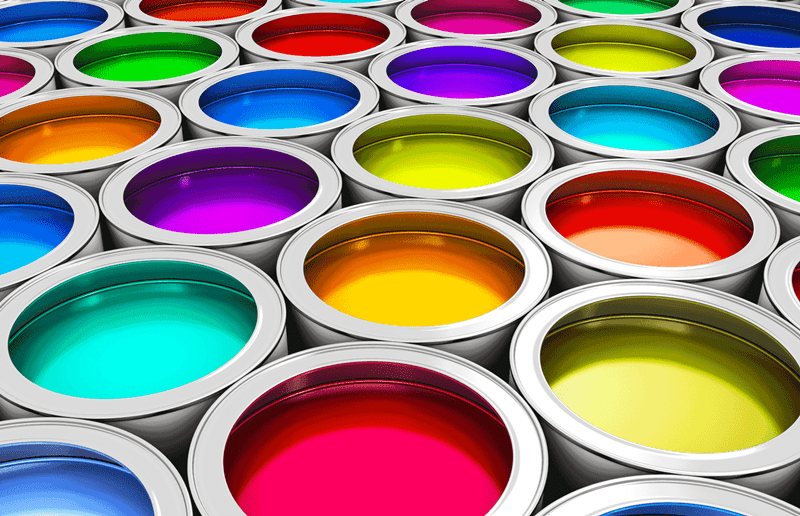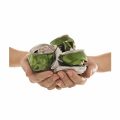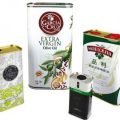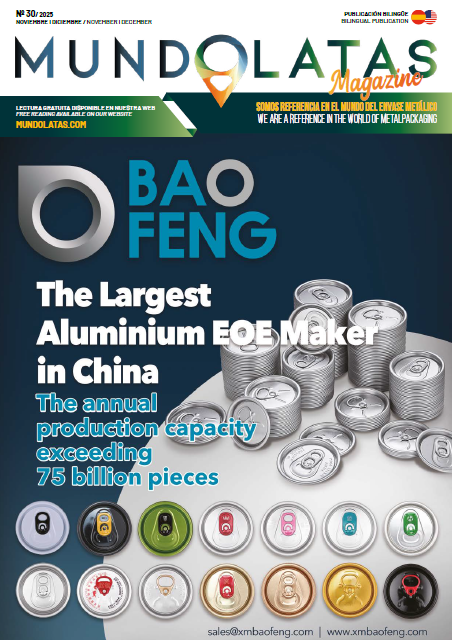Extra virgin olive oil (EVOO) has undergone a significant evolution in its commercial positioning: from being a traditional ingredient in the Mediterranean diet, it has become a gourmet product, increasingly valued for its origin, variety, sensory profile, and, increasingly, for the type of packaging that contains it. The choice of packaging format is not an accessory element: it plays a critical role in preserving the physicochemical and organoleptic properties of the product.
In this context, metal packaging—specifically the can format—is consolidating as one of the most effective options to ensure oil stability over time. Its opacity protects against photooxidation, its structure guarantees mechanical resistance, and its sealing helps limit exposure to oxygen, one of the main degradation factors.
Packaging, decisive in the quality of the final product
The main agents affecting EVOO quality during storage and distribution are light, oxygen, and high temperatures. Prolonged exposure to any of these factors can accelerate oxidation processes that reduce polyphenol content, decrease aroma, and negatively affect flavor.
Packaging, therefore, not only fulfills a logistical or aesthetic function but becomes an active protection tool for the product. In the case of metal format, its ability to completely block ultraviolet rays, its hermetic seal, and its impact resistance position it as an optimal solution for high-end oils.
Success stories: Conde de Benalúa
Some brands, such as Amarga y Pica or Conde de Benalúa, have systematically incorporated the use of metal cans in their premium lines, not only for the technical advantages in product preservation but also for their added value in terms of presentation and differentiation at the point of sale. These decisions respond to a comprehensive strategy that combines sustainability, innovation, and brand positioning.
Technical and environmental advantages of metal packaging
From a technical point of view, the use of cans offers concrete benefits:
- Protection against light: Its opaque nature prevents degradation by ultraviolet radiation.
- Oxidation control: A hermetic seal minimizes gas exchange, delaying the appearance of rancid flavors.
- High mechanical resistance: Reduces the risk of breakage during transport or handling.
- Recyclability: Aluminum and other metals used in these containers have a high recycling rate, contributing to an efficient circular economy.
These properties make can packaging not only improve oil stability but also align with the sustainability objectives demanded by the current market.
Innovation applied to packaging and consumer experience
In parallel, the EVOO industry has also advanced in the development of more precise and ergonomic pouring systems, which allow for better product dosing, avoiding losses and facilitating its daily use. The packaging design, therefore, affects not only conservation but also the overall consumer experience.
In addition to protecting the content, the metal format allows for a high level of visual and graphic customization, making it an effective communication tool for brands seeking to convey attributes such as authenticity, exclusivity, and commitment to quality.
The commitment to metal packaging in the extra virgin olive oil sector responds to both technical and strategic criteria. Brands that integrate technology, sustainability, and design are managing to differentiate themselves in an increasingly demanding and sophisticated market. In short, a great oil is not only produced: it is also protected, presented, and communicated through packaging that is up to its quality.

